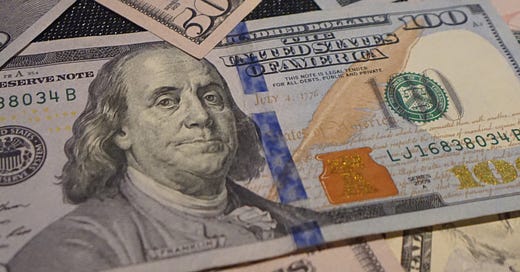Consumer advocates applauded the passage of the American Rescue Plan and noted it will bring a number of benefits to the American people.
Among the benefits:
individuals will receive up to $1,400 in economic income payments (EIP) and an additional $300 per week for unemployment benefits through Labor Day.
The package also includes an expanded Child Tax Credit of up to $3,600 per child paid in part through advance monthly payments,
$20 billion for rental assistance (which can also be used for utility arrearages and current bills),
$10 billion to help prevent foreclosures through the Homeowner’s Assistance Fund,
$7.6 billion for broadband for schools and libraries to help close the homework gap for students,
$4.5 billion for energy bills through the Low Income Home Energy Assistance Program (LIHEAP) and $500 million for emergency low-income water assistance.
The stimulus package also closes a longstanding loophole that encouraged predatory post-secondary schools to target servicemembers and veterans for their military education benefits, and eliminates taxes for cancelled student debt from December 31, 2020 through January 1, 2026.
While the plan is helpful to consumers in many ways, advocates at the National Consumer Law Center (NCLC) raised concerns about protecting Economic Impact Payments from debt collectors:
“The stimulus is an essential shot in the arm to help families pay for food, rent, medicine, and auto loans, and stay connected to essential utility services,” said National Consumer Law Center Associate Director Lauren Saunders. But Saunders noted that the new bill, unlike the December stimulus bill, fails to prohibit debt collectors from garnishing bank accounts to grab stimulus payments. “Now Congress must take immediate action to ensure that the economic stimulus payments feed families as intended rather than debt collectors.”
Meanwhile, advocates for student borrowers are suggesting that under President Biden’s leadership, the Consumer Financial Protection Bureau (CFPB) should do more to protect students from predatory practices at for-profit colleges.
An issue brief published today by the Student Borrower Protection Center and the Center for Consumer Law & Economic Justice at the UC Berkeley School of Law makes clear that the CFPB, America’s top consumer watchdog, already has the power to hold for-profit colleges accountable for many of their worst practices and to protect borrowers from abuse.
The advocates at the Student Borrower Protection Center (SBPC) note:
For decades, the for-profit college industry has systematically preyed on and taken advantage of student loan borrowers. A seemingly endless line of lawsuits and narratives of ruined financial lives point to an industry too often premised on outright fraud, pushing loans designed to fail, and peddling worthless degrees — but which regularly generates windfall profits for private investors on Wall Street. These companies target historically marginalized communities and people of color, loading students with massive debt burdens that the schools often know could not possibly ever be repaid. And until January 2021, these schools had zealous defenders at the highest levels of the American government.




